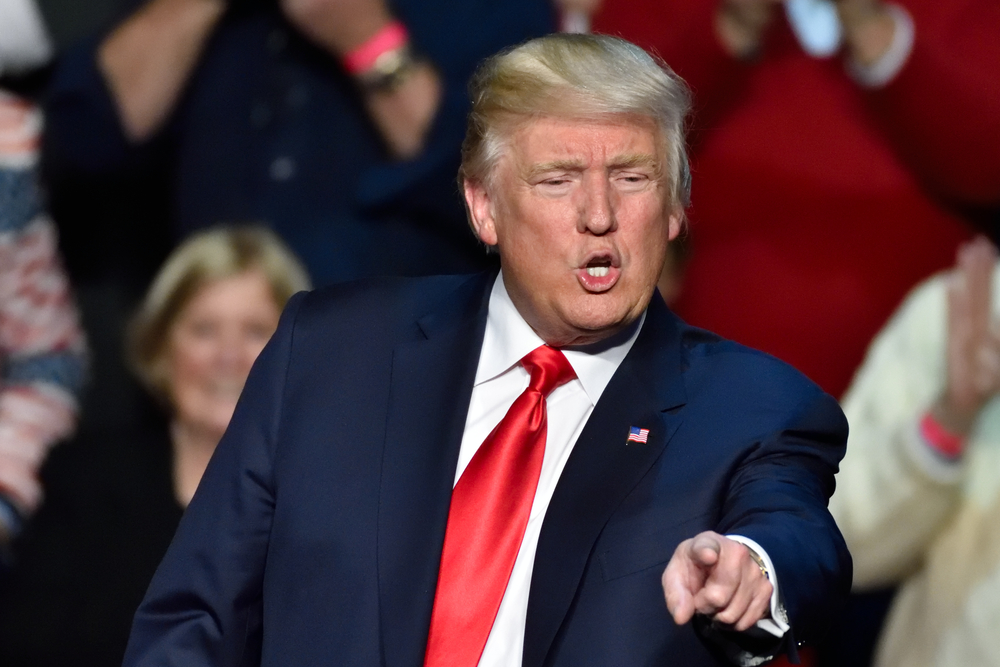As we are now less than two months way from Election Day, I’m finding just about any discussion about politics to be polarizing. This is true not just in my personal life, but also what I see play out in the lives of my patients. For some, they talk about assumptions made by others about their political affiliation. One patient talked to me about how everyone in her cooking class just assumes she is a liberal and hates Trump. In fact, she is not a liberal and doesn’t hate Trump. She supports him.
Another patient talked about how he can’t discuss with friends his frustration about the student loan forgiveness program that he feels he shouldn’t support since he didn’t go to college. Any attempt he makes at having a reasonable conversation about this is quickly shot down and he is labeled a “MAGA Republican”. Truth is he’s a moderate Republican and works two jobs to make ends meet to support his family
There are many similar stories I’ve heard over the past few months. The result: these folks are overwhelmingly keeping quiet about their political beliefs and voting plans for the upcoming election and are closeted Trump supporters.
To better understand this phenomenon, it’s important to understand the underlying psychological factors and social dynamics at play:
- Fear of Social Repercussions: These people fear judgment or social consequences and this leads them to conceal their political beliefs. For some, publicly supporting Trump could invite criticism or ostracism from friends, family, or colleagues who hold opposing views. This fear can make people reluctant to openly express their support.
- Identity and Self-Protection: For many people their political beliefs are often tied to personal identity. For closeted Trump supporters, maintaining a positive social image or protecting their personal and professional relationships can be a stronger motivator than expressing their true beliefs. This self-protection can lead to a more private expression of support, and more people being in the closet with their beliefs.
- Psychological Conflict: People may feel torn between their personal beliefs and the need to conform to social norms or expectations. This cognitive dissonance can create stress and anxiety, as individuals struggle to reconcile their private views with their public personas. The example above of the woman in cooking class exemplifies this to some degree as she feels she has to conform (or at least not express how she truly feels) as she fears judgment.
- Impact on Relationships: By keeping political beliefs hidden, it can affect personal relationships. This secrecy can lead to a lack of genuine communication and potentially strain relationships with those who might be surprised or bothered if they discover the true beliefs later on.
To help counter this, I suggest people:
- Forget about trying to win. It’s not about keeping score, winning the argument, or making the other person look bad. If you approach people with that mindset then it will surely be met with hostility and defensiveness. Any name calling, demonizing, or reliance on sensationalized clips or propaganda will only fuel the tension between you and others and compromise the otherwise healthy dynamic that exist. Rather than trying to find holes in their argument or seeing them as an antagonist, be sensitive and respect that they have different views.
- Aim to share your ideas, not change other peoples’ political affiliation. As is the case with a lot of discussions about hot-button issues, it should be one about sharing your opinion and deepening your understanding and connection, not trying to get others to buy into your beliefs. Try to understand how your friend, partner, or colleague got to where they are politically. Maybe there’s a good reason for it.
- Listen. Be a good listener and truly make an effort to understand how people in your life came to feel a certain way about a candidate. Sometimes being heard is all that’s needed to prevent a discussion from turning acrimonious. Clarify what the other person says and how they feel by repeating back to them your summation or their comments and/or asking them questions that will ensure better understanding.
Finally, it’s important to remind yourself of what’s really important. All too often people get embroiled in political conversation and they lose sight of what matters most. Things such as family, kids, hobbies, and careers take a back seat to an elected official. Stay true to what really matters and never let a politician – someone you don’t even personally know – get between you and your friend, partner, or family member.


